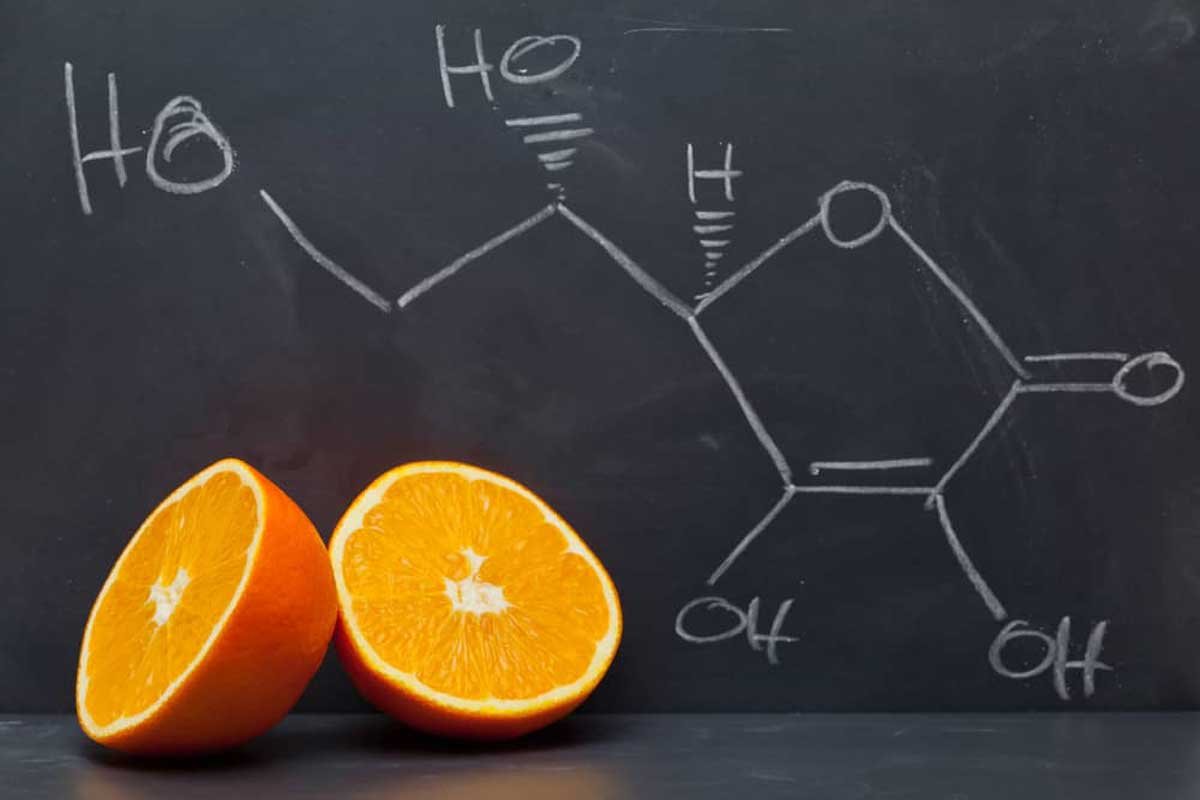The vegan diet has been around for some time, and people are overfamiliar with it. However, its opposite, the carnivore diet, is alien to many, resulting in several myths surrounding it.
For example, misinformation is still rife regarding the carnivore diet and sufficient vitamin C intake. But is it true that ditching greens mean sentencing yourself to vitamin C deficiency and its dreaded health complications?
This post sets the record straight by discussing three facts about the carnivore diet vitamin c deficiency:
● The truth about the carnivore diet and vitamin C;
● Vitamin C deficiency symptoms;
● How to avoid vitamin C deficiency.
1. The Truth About Carnivore Diet and Vitamin C
One of the scariest myths is that when you adopt a carnivore diet, vitamin c deficiency is inevitable. Such misconceptions arise because most people still have the primary school views of a balanced diet. They grew up learning that meat is only protein, and ditching vegetables means risking vitamin C.

However, that assumption is false because no scientific evidence shows that carnivore lovers are more prone to acute vitamin C deficiency. Carnivore lovers can still get enough vitamin C the way vegetarians and Keto lovers get enough protein and iron. You just need to apply universal dietary principles to know how to keep off vitamin C deficiency.
Moreover, it’s worth noting that going red means having less carbs in your body. Lesser carbohydrate intake means your body requires lesser vitamin C because it doesn’t have to compete with glucose for uptake. Therefore, you don’t need to worry about developing conditions like scurvy. Why? Because your body needs a mere 10 mg daily to prevent scurvy in the presence of a high carbohydrates diet.
2. Vitamin C Deficiency Symptoms
So, what happens when your body lacks sufficient vitamin C? First, it’s worth remembering that excess carbs in the body create a conducive environment for vitamin C deficiency. Because carbohydrates require more vitamin C for metabolism, the affected may exhibit some of the symptoms below.
● Their teeth may fall out.
● They may suffer bleeding gums.
● Depression.
● Mood swings.
● Their eyes may bulge.
● Anemia.
● Mood changes.
● Shortness of breath.
● The reduced healing rate for injuries.
● Brittle hair.
3. Boosting Vitamin C During Carnivore Diet
Can someone on a carnivore diet suffer vitamin C deficiency? Yes, they can if they don’t pay closer attention to balance things. However, it’s not such a cause of alarm as it’s rumored out there.
Mostly, carnivore diet beginners may need to supplement their vitamin C intake temporarily until their hormones become balanced. So, do the following to boost your vitamin C quantities if you are new to this diet to get a strong head-start:
● [1] Eat fresh and high-quality meat without overcooking it
● Take enough lung, thymus, and spleen meat
● Eat enough chicken, cow, and pork liver
● Take enough lemons and oranges
● You can take vitamin C supplements if your deficiency is acute
The facts are out, and the debate is settled. You don’t need to fear or suffer vitamin C deficiency because you have embraced a carnivore diet. Use these tips to boost your vitamin C reservoirs as you enjoy your new dietary freedom.





